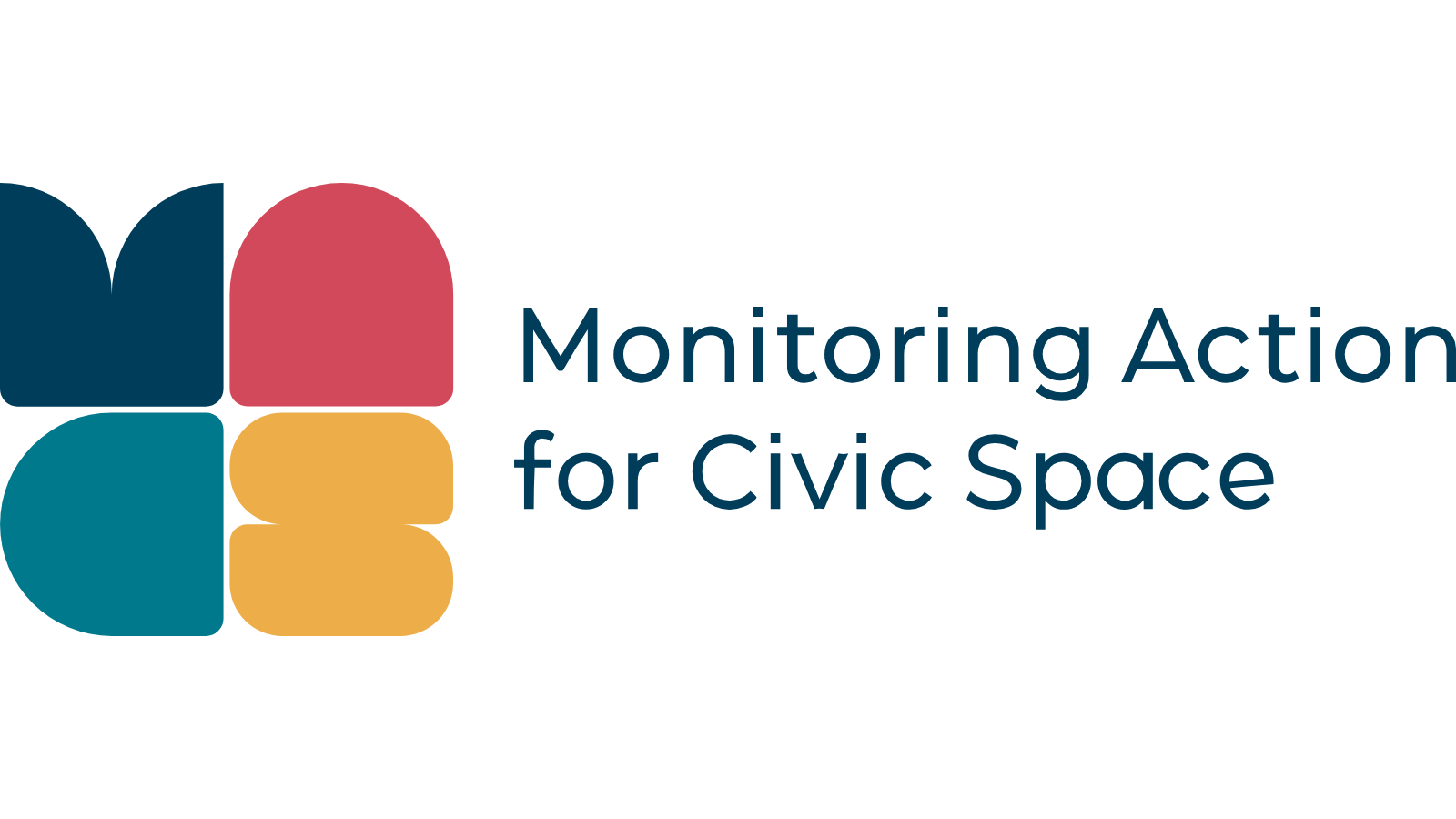SLOVAKIA: Civil society threatened by Russian-style NGO law
In Slovakia, the government’s efforts to push through amendments to the law on NGOs are raising alarms. One of the coalition party’s members introduced a third version of the amendments in the second reading and fast-tracked them through the third reading without any public debate. The new version of the amendments removed the problematic provisions labelling civil society organisations as “lobbyists” but maintained the extensive reporting requirements on donors (including individual ones) as well as amendments to the Freedom of Information Act. According to these amendments, CSOs receiving public funding would be designated as obliged entities under the Freedom of Information Act and would be obliged to respond to information requests from the broader public. Similarly, as with the discriminatory provisions on lobbying, the new obligations under the Freedom of Information Act would only apply to CSOs and not to other entities receiving public funding, such as businesses. It is part of a broader development of attacks on civil society in the country.
The bill, introduced by the far-right Slovak National Party and a coalition partner of Prime Minister Robert Fico, has been widely opposed. Legal experts, national civil society and international bodies, including OSCE, the Council of Europe’s Expert Council on NGO Law and the UN, have criticised the law as unconstitutional and discriminatory, and for failing to meet the legitimacy requirement and breaking European standards that protect freedoms of association and expression and the right to privacy. It is a coordinated attempt to limit civil society participation and silence dissenting voices under the guise of transparency, by negatively affecting the right to participate in public decision-making. The draft is widely seen as mirroring similar laws in Russia, Georgia, and Hungary which have been used to delegitimise independent civil society.
EU must issue strong official statements and warnings
The government and supporters of the draft law claim it follows the recommendations of the EU, OECD, and other international organisations, which have previously advised Slovakia to introduce regulations on lobbying. The EU must state clearly that this law does not conform to these recommendations and consider its compliance with EU law and potentially launch infringement procedures.


